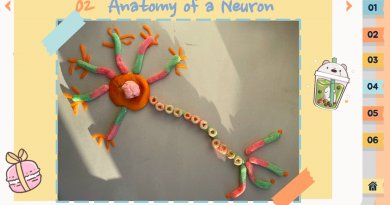Heterodox Economics
Title by Ava Masse

Have you been hungry for economic ideas that are not about the pandemic? If so, these posters are for you. These posters talk about everything from the false assumptions made about different CEO’s political preferences to the effects of storm water runoff on the economy of Cape Cod. Whether big picture or local, these research projects help us better understand the intersection of economic interests and political outcomes.
Joshua Hochberg’s project is entitled “The Political Preferences of Activist CEOs.” He notes that the political preferences and behaviors of CEOs report that CEOs hold conservative political views and that these views influence both their firms’ and employees’ behavior. Most recently, Chatterji and Toffel (2019) suggest CEOs are just as effective as politicians at shaping public opinion. Yet, little is known about the CEOs most likely to influence public opinion by issuing public statements. He hypothesizes that although most CEOs hold Republican preferences, CEO activism has a Democratic tilt, whereby CEOs who are Democrats engage in it more often than CEOs who are Republicans. He concludes that these findings provide insight into the ideology of the CEOs most likely to be influencing public opinion by making public statements and contradicts the perceived homogeneity of CEOs’ political preferences.
Austin Pruitt presentation is entitled “Shellfish Infrastructure: Economic and Environmental Dimensions of the American Oyster along the Massachusetts Coast.” Although Cape Cod is most often associated with summer vacations and seafood, it is also an important natural space of biological and geographic diversity. Unfortunately, in recent years, the water quality along the coast of Cape Cod has degraded due largely in part to poor management of stormwater runoff. To address this problem, his poster investigates the use of American Oysters as a form of natural infrastructure to ameliorate nitrogen pollution while concomitantly providing circulation to Cape Cod’s largely seafood-based economy. Data regarding oyster landing counts and weights were compiled across the most recent available years (2011 to 2019) to understand current oyster infrastructure and project future oyster volume and economic demand. His research found no correlation between proximity to impaired waters and oyster price by town. To further explore this relationship, a generalized linear model was run to investigate the correlation between oyster price and household income. Again, the statistical analysis found no significant relationship between the two metrics. His final results prove that much more detailed study must be conducted to marry economic and environmental dimensions of oyster infrastructure in the Cape Cod area.

